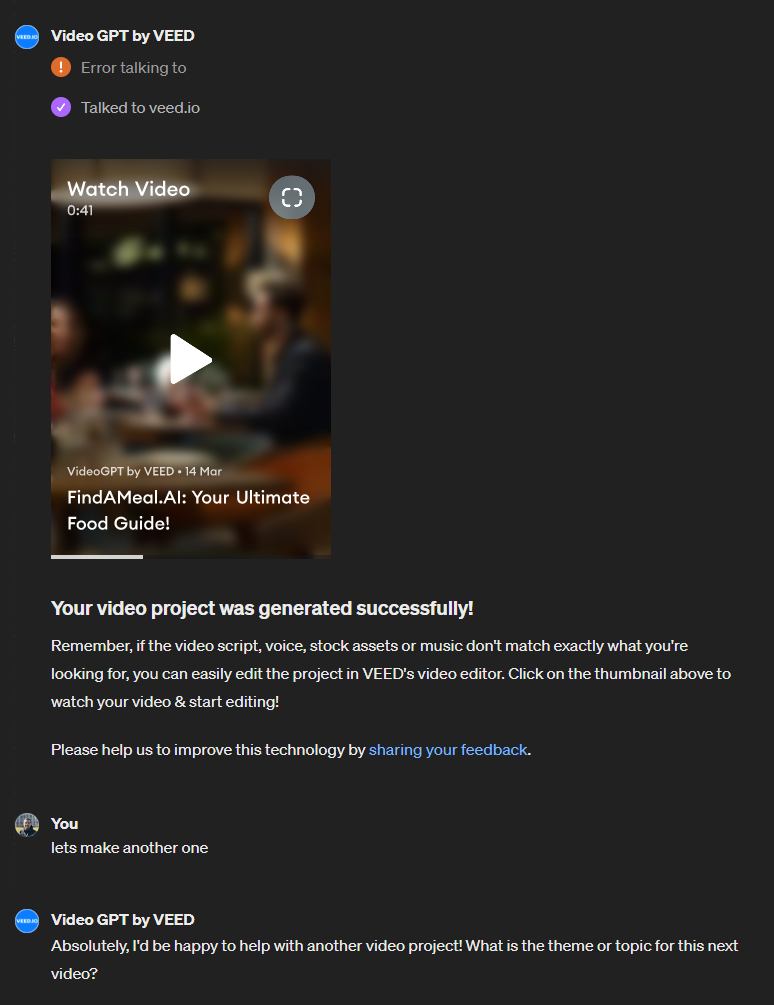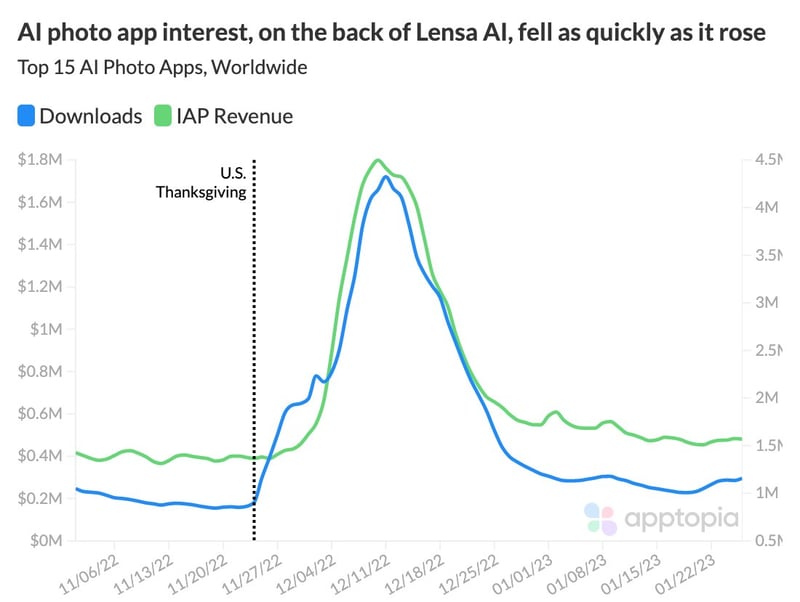In the past businesses took pride in how long they lasted, from your local bakery to big corporations they all boasted about it, the idea behind it was simple, if a business was run well enough it should stand the test of time.
We were living in simpler times in a slow-moving world, where technical innovations were rare to come by and demand was not changing as fast as it is today. Steady, slow-changing demand from consumers breeds companies that spend decades, if not centuries mastering their craft, optimizing and perfecting each stage of its processes and details in its products. Back then, the expectation was that after a life’s worth of work, you could pass your company on to your kids and family, creating a long-lasting traditional business. However, this time is coming close to an end.
We are now living in a world where businesses and consumers are moving at a never-before-seen speed, this is due to two main factors: digital economy and AI.
The digital economy is fast-moving by its nature, it’s built on top of ever-changing software and products. Trends come and go in a matter of weeks. A product that might attract millions in a month might be irrelevant in the very next month.
An example of this was a Clubhouse, these two articles are less than 4 months apart and that was back in 2021. Clubhouse for those unfamiliar with it was one of the biggest social media apps in the world for a couple of months, attracting millions of users, celebrities, and politicians to have public conversations. It was so dominant back then that other apps tried copying it as fast as possible, one of the most popular copycats was Twitter, which launched ‘Twitter Spaces’ that had very similar features. Now, all of this area is practically gone, there’s simply no more demand for public audio chats anymore apart from very niche use cases.
The second biggest factor is AI. With the current boom of AI products, there was never an easier time to build new products. From the marketing material to the source code, you can use AI to speed up the process. There are AI apps to build marketing videos from words, to create a logo in seconds, and to build and design prototypes. This makes it easier than ever to start a small company and there was never a better time to market these products on the internet.
Given all of this, can we really say that companies like Clubhouse failed? This notion of success comes from an outdated perspective of what a successful company is. We can’t expect tech companies going ahead to adhere to old metrics of success, such as ‘standing the test of time’. The future of the vast majority of tech products will be to exist for a short period of time, to supply a specific temporary demand, make a profit, and vanish when they are no longer needed.
I call this type of company a Flash Startup.
The term comes from Flashmobs for which the dictionary definition is: “a group of people who arrange, by email or mobile phone, to come together in a place at the same time, do something funny or silly, and then leave”. This is close to a perfect explanation for what the future of startups is becoming. The default expectation should not be to build a long-lasting company anymore. Flash Startups should be okay with sunsetting when they are no longer needed. The success comes from effectively handling a temporary demand and disbanding before wasting all its profits chasing a non-existent mirage of a long-lasting prospect.
A good example of how a Flash Startup should operate is PhotoAI.com. Back in 2022, there was a huge demand for AI-generated photos of oneself, a kind of a photoshoot for yourself but instead of going to a studio, you would get it generated by AI. PhotoAI.com was created by @levelsio and it was one of the biggest apps on this trend, it made him a small fortune in the process. Less than a year later, the demand for it had already fizzled out:
PhotoAI will probably not exist in the future and that is okay, it was still a successful business. After all, Flash Startups are not meant to last forever. They are meant to solve a specific temporary demand and make a profit while doing so, which they did.
To build the future we need to get rid of outdated expectations of what a company should be and how they should operate. Next time that you are working on a project or investing in a company reflect on what’s your own definition of success for it, you might very well find out that you are building the next Flash Startup.
If you liked reading this article consider following me on Dev.to, on Twitter, or subscribe to my personal website.























